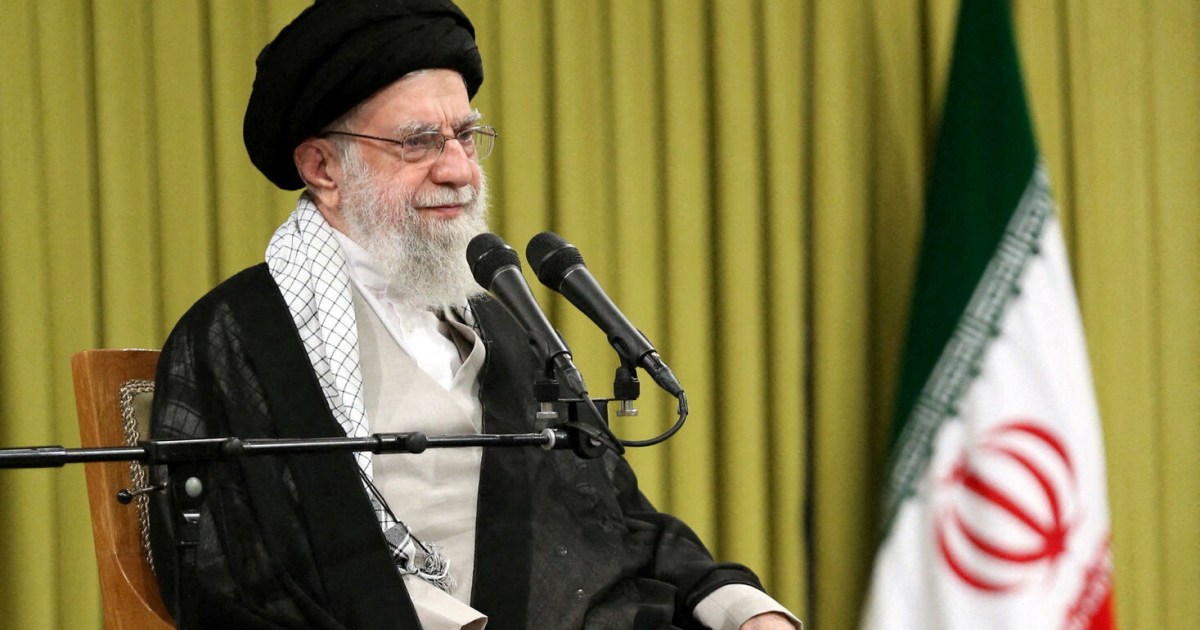As the US and Iran continue to bargain over details of a potential new nuclear deal, the comments were made in a speech on Wednesday. The US reportedly wants a complete stop or low-level enrichment in exchange for lifting Western sanctions against Tehran, but the issue of uranium enrichment has remained a sticking point in the talks.
In a speech addressed to the commemoration of the death of the Islamic Republic’s founder, Ayatollah Ruhollah Khomeini, Khamenei said, “The US nuclear proposal contradicts our nation’s belief in self-reliance and the principle of “We Can.”
Khamenei claimed that Iran’s quest for energy independence remained crucial despite the controversy surrounding uranium enrichment.
He continued, “Independence means not waiting for the approval of America and the likes of America,” noting that the US proposal was “100 percent against” the ideals of the Islamic revolution of 1979.
He asserted that Tehran wouldn’t demand Washington’s consent before making any decisions.
This is not rationality, Khamenei said, because “some people believe that being a subordinate to America and giving to the oppressive power means bowing down to it.”
Why do you have an influence on Iran’s decision to enrich itself? You are invincible.
Tehran was reportedly ready to reject the most recent US proposal to end a decades-old nuclear conflict, according to an unnamed diplomat, who claimed the proposal was a “non-starter” that neither addressed Tehran’s interests or softened its position on uranium enrichment.
Tehran has long refuted claims made by Western powers that it wants to develop nuclear weapons, saying it wants to master it for peaceful purposes.
Steve Witkoff, the US envoy in Iran talks, has called for President Donald Trump to follow the country’s “red line” in a statement expressing his opposition to Tehran’s continued enrichment.
Iran’s production of enriched uranium close to nuclear weapons increased by 50% in the last three months, according to a report leaked from the UN. However, it falls short of the roughly 90% needed for atomic weapons, but it is still significantly higher than the roughly 4% needed for power production.
Source: Aljazeera

Leave a Reply